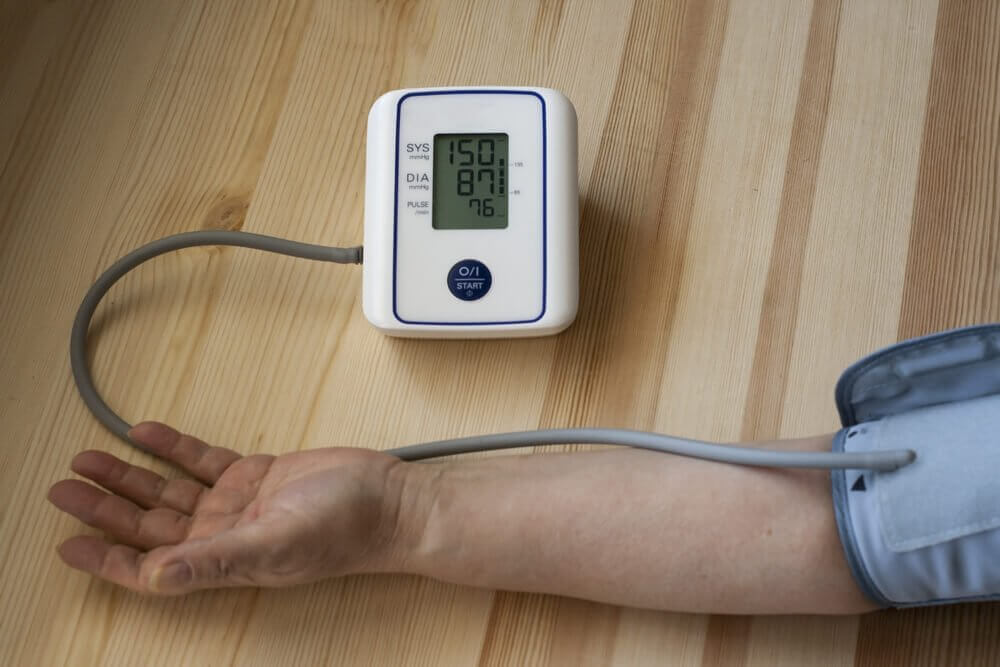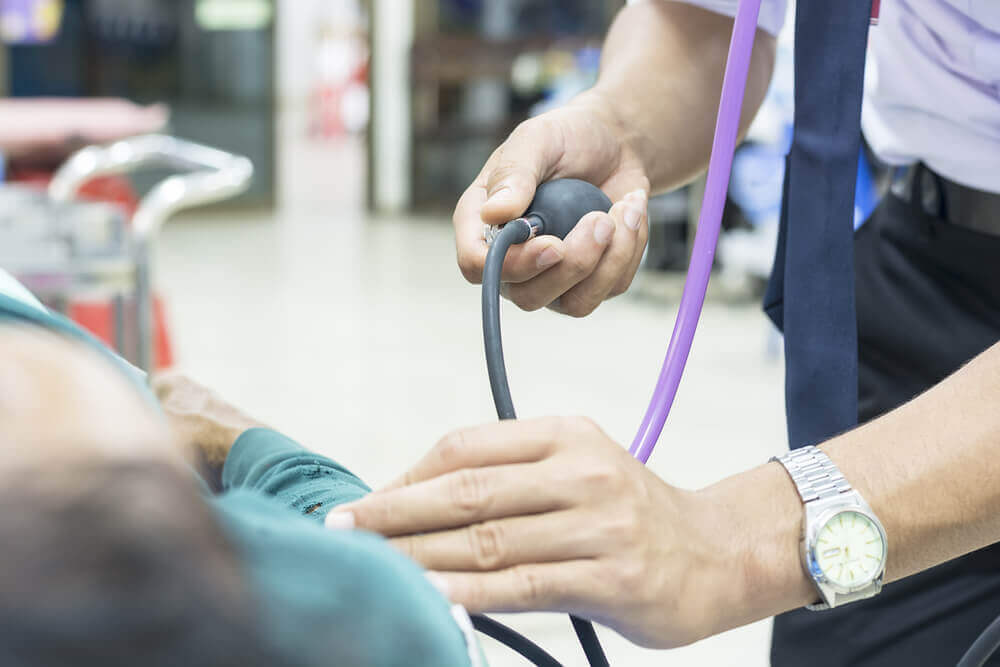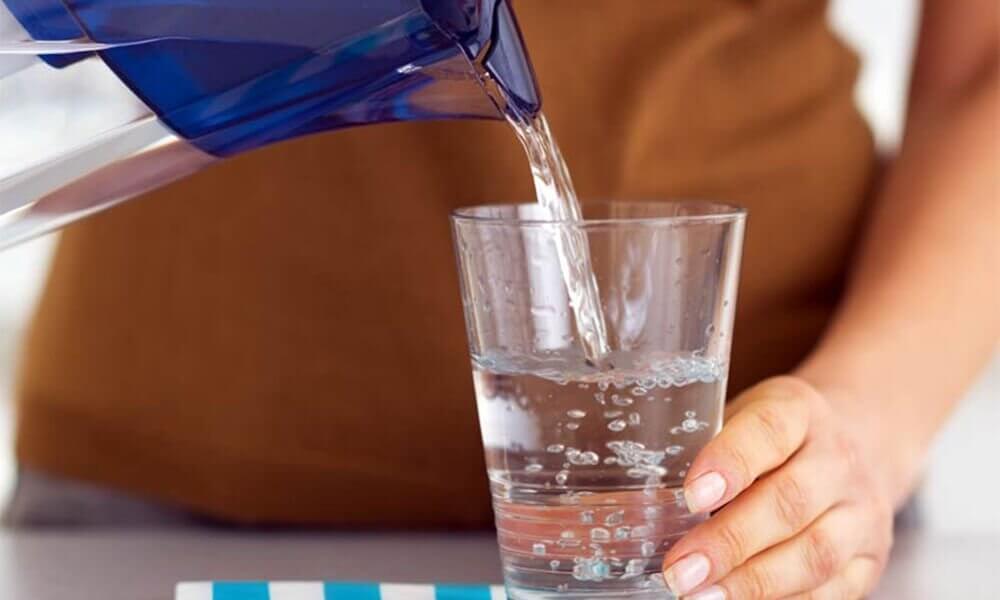Hypotension: How to Healthily Raise Low Blood Pressure

Normal blood pressure levels are around 120-80 mmHg (systolic/diastolic). Hypotension is defined as blood pressure that has a systolic pressure lower than 90 mmHg and a diastolic pressure lower than 60 mmHg. In healthy individuals, such as athletes, low blood pressure is an indication of good cardiovascular health.
However, hypotension can also be a red flag, especially in cases of old age. Lower blood pressure pumps less blood to vital organs, such as the heart and brain. In light of this, it should be regularly monitored and revised by a medical specialist. If you find yourself with hypotension, there are healthy ways you can raise your blood pressure.
Symptoms of low blood pressure
The symptoms of hypotension are diverse. Weakness, tiredness, drowsiness, vertigo, dizziness and loss of consciousness are some of them.
If hypotension causes a person to faint and lose consciousness, he or she should see a doctor as soon as possible. Preform cardiopulmonary resuscitation (CPR) if the person isn’t breathing or doesn’t have a pulse.
If the following clinical signs are present, the person should immediately go to a health center to receive a check-up: dark or garnet red stool, chest pain, dizziness and fever higher than 38.5ºC (101.3ºF).
Visit this article:
Causes of hypotension

Among the causes of hypotension are: diabetes, pregnancy, exposure to high temperatures, dehydration, alcohol, side-effects of certain medication. In addition, other causes may include: alterations in liver function, hemorrhages, vomiting and diarrhea, anaphylaxis, cardiac arrhythmia, blood infections, laying down for too long.
However, dehydration and exposure to high temperatures (heat) are the main causes of hypotension.
Hypotension, is there a healthy way to raise blood pressure?

Below, let’s take a look at some of the ways and natural remedies that can help raise blood pressure in a healthy manner:
- Water: drink enough water because hypotension is often linked to dehydration.
- Hypertonic drinks: these beverages contain electrolytes (minerals such as sodium, potassium, magnesium). They’re great to increase your blood pressure.
- Salt: add salt to your food in small quantities, only a little more than you’d normally use. You should eat it along with foods that are high in vitamin B. A deficit might cause hypotension.
- Fruits and vegetables: eating these vitamin and mineral-rich foods improve blood circulation. They also keep blood volume in balanced conditions.
- Natural juices: aim to drink natural fruit and vegetable juices–such as orange, kiwi, tomato or beet juice. Thanks to their high vitamin C content, they’re a great option for correcting hypotension.
Other options
- Salted water: drinking a glass of salted water (one teaspoon) can raise blood pressure almost instantly.
- Bitter chocolate: this type of chocolate is recommended for hypotension because of its caffeine and theobromine content. Both natural substances slightly raise blood pressure.
- Tea or coffee: Moderated consumption of these drinks slightly raise blood pressure, especially coffee.
- Cold cuts and cured sausages: in cases of serious hypotension, these foods usually do the trick. You shouldn’t eat them in large amounts because of their high cholesterol and saturated fat content.
- Ginseng: eating this home remedy can raise blood pressure. A good combination to try out is ginseng, rosemary and savory.
- Ginger remedy: this is a paste that uses ginger, baking soda, bell and cayenne pepper. It’s a remedy that’s natural and effective. It’s great for raising low blood pressure naturally.
- Elevate your legs: by doing so, more blood can flow back to your heart.
Want to know more?
Preventative measures for hypotension

As in the case with all medical conditions, it’s always better to prevent that to treat.
- Drink plenty of liquids, water and natural juices if possible. Never abuse alcohol or sugary, carbonated drinks.
- Avoid excessive alcohol consumption because it acts as a vasodilator. Thus, it makes blood runnier, which decreases blood pressure as a result.
- Exercise regularly
- Try to avoid skipping meals.
- Follow diets that aren’t excessively restrictive. Among other reasons, the lack of certain nutrients can directly influence blood pressure.
- Avoid prolonged exposure to high temperatures.
All cited sources were thoroughly reviewed by our team to ensure their quality, reliability, currency, and validity. The bibliography of this article was considered reliable and of academic or scientific accuracy.
- Breastcancer.org. Presión arterial baja (hipotensión). 2018. Available at: https://www.breastcancer.org/es/tratamiento/efectos_secundarios/presion_arterial_baja. Accessed 11/16, 2018.
- Mayo Clinic. Presión arterial baja (hipotensión). 2018. Available at: https://www.mayoclinic.org/es-es/diseases-conditions/low-blood-pressure/symptoms-causes/syc-20355465. Accessed 11/16, 2018.
- MedlinePlus. Presión arterial baja. 2018. Available at: https://medlineplus.gov/spanish/lowbloodpressure.html. Accessed 11/16, 2018.
- Saber Vivir. ¿Qué hacer ante una bajada de tensión? (Hipotensión). 2018. Available at: https://www.sabervivirtv.com/medicina-general/que-hacer-ante-una-bajada-tension-hipotension_1060. Accessed 11/16, 2018.
- Wikipedia. Hipotensión. 2018. Available at: https://es.wikipedia.org/wiki/Hipotensi%C3%B3n. Accessed 11/16, 2018.
This text is provided for informational purposes only and does not replace consultation with a professional. If in doubt, consult your specialist.








